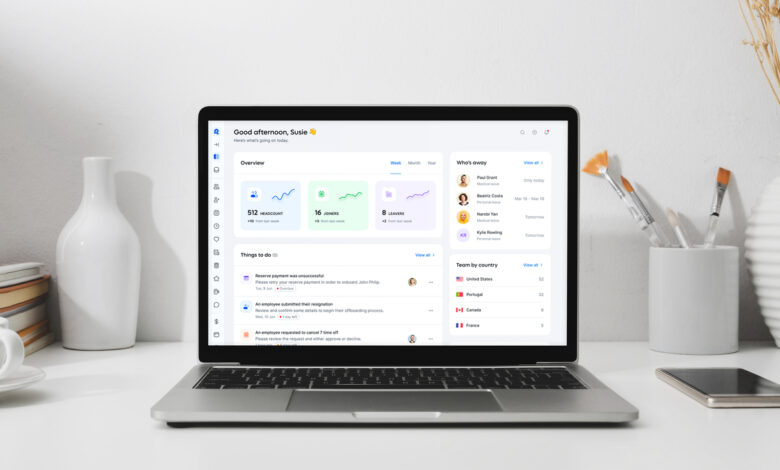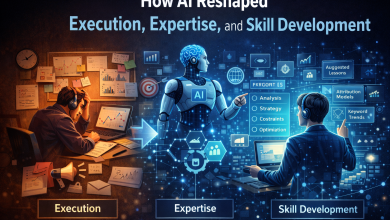
Admit it, no matter what business you are in, you’re probably using AI – whether it’s built into your tools or you’re asking ChatGPT for help to frame a tricky email.
Yet, there’s this odd trend I’ve noticed recently: some people seem proud to avoid AI completely. As if doing things the hard way makes their work more meaningful.
Here’s the truth: good work isn’t about effort. It’s about impact.
At Remote, we don’t see AI as a threat to human potential. We see it as a way to scale it. Take HR for example. Teams managing global, distributed work have a lot on their plates – and AI helps them focus on what matters: unlocking smarter, more inclusive, more efficient, and more adaptable teams.
Nobody gets bonus points for doing things the long way. Customers don’t care how you got there, just that you delivered.
A lot of resistance to AI comes from fear – of job loss, of losing control, of what it all might mean. But that fear misses the point. AI isn’t replacing people. It’s making their work better. The real question isn’t should we use it – it’s how we use it.
I’m not the only one saying this. Nvidia’s CEO Jensen Huang put it well recently when he said: “You are not going to lose your job to an AI, but you’re going to lose your job to someone who uses AI.”
Of course, AI isn’t perfect. It can make mistakes. It can get things wrong. But that’s not a reason to avoid it. It’s a reason to learn how to use it better.
Let’s not forget today is the worst AI will ever be. It’s only getting better – faster, smarter, more reliable. And it works best when paired with people. Tools like generative AI are only as good as the prompts we give them.
I won’t go into every detail, but here are a couple of ways AI is making a real difference at Remote:
AI as a skills equaliser in global hiring
Hiring has always had bias baked in – who you know, where you studied, where you live. AI can help change that. It evaluates people on what they can do, not where they’re from.
With the right tools, a self-taught developer in Lagos can stand shoulder to shoulder with a Harvard grad. AI helps level the playing field, and when combined with remote work, it opens doors that used to be locked.
Data-driven productivity
AI also makes work smoother. Smart tools help balance workloads, automate busywork, and reduce the need for micromanagement.
AI scheduling tools cut through time zone chaos. Predictive analytics show when teams are at risk of burnout. All of this frees people to do what they should be doing, focused, meaningful work.
The path forward: AI as a strategic lever
Ok so I am not saying that every job will change overnight, and no, not everyone needs to become an AI expert. But leaders do need to pay attention. This isn’t hype – it’s a real shift. And it’s not “humans vs. machines.” It’s humans with machines.
Yes, the headlines can sound bleak – entry-level jobs under threat, workforces unprepared. But AI isn’t some runaway force. It’s a tool. Learn it, use it, and you’ll build stronger, more resilient teams.
So, if you’re still sceptical, ask yourself this: are you more committed to how work gets done, or what gets done?
AI helps us do more, faster. And that’s the point.





